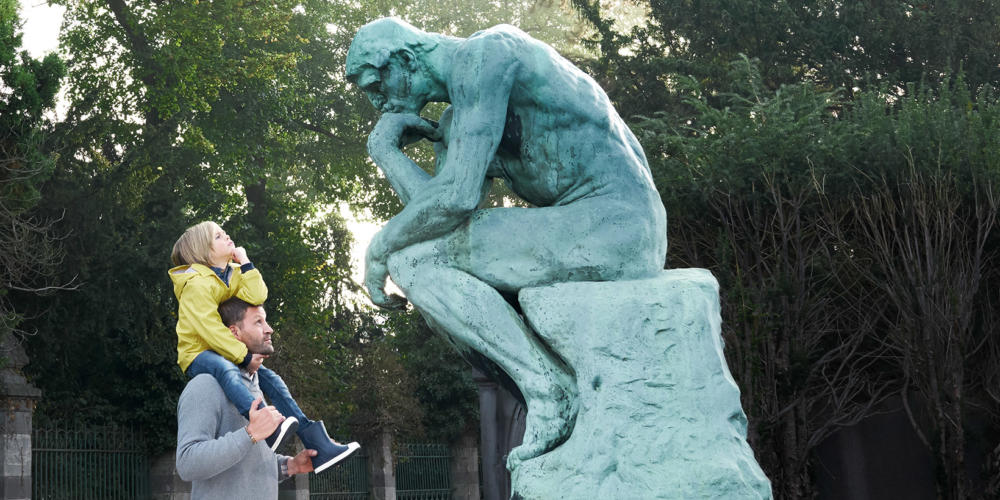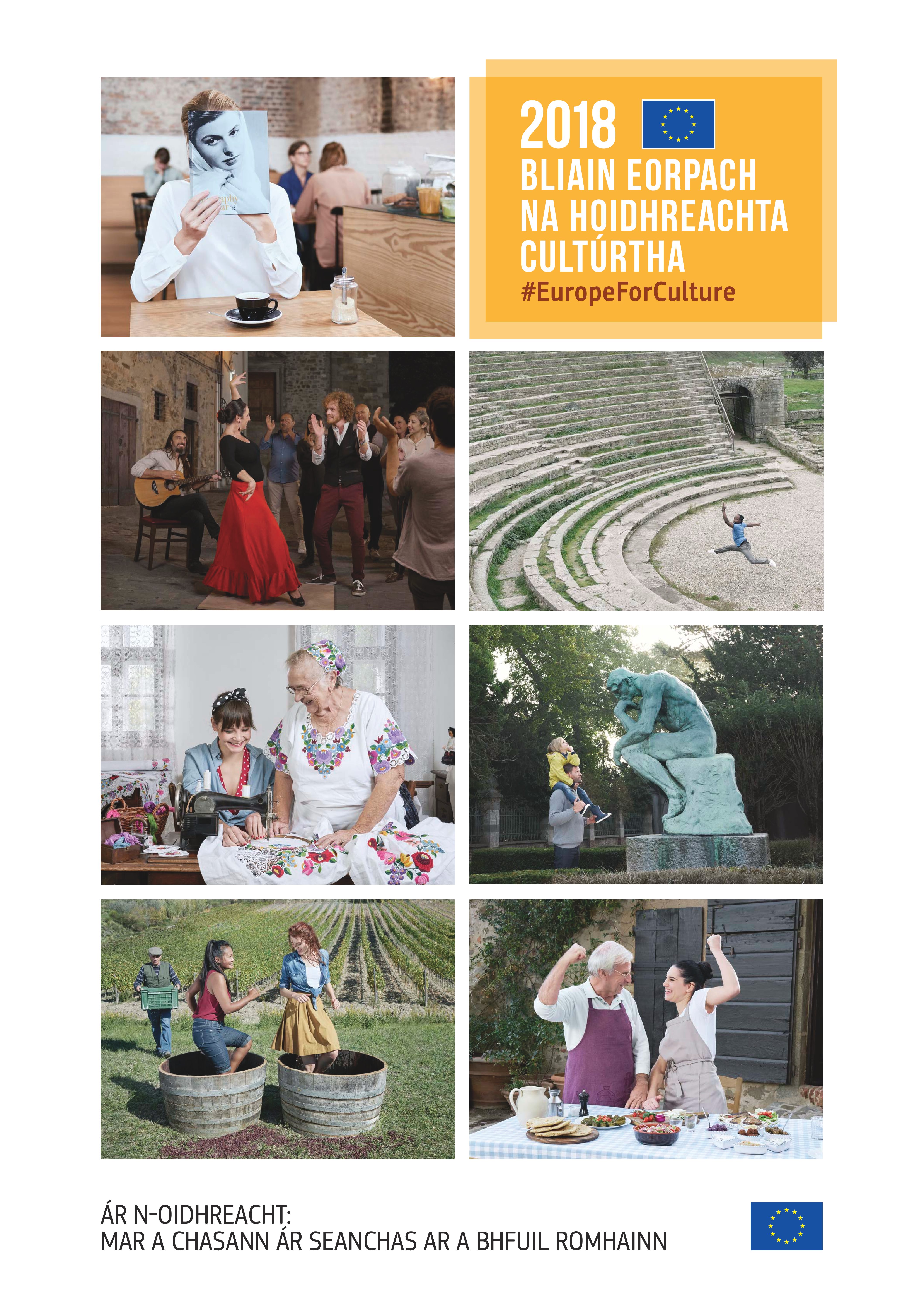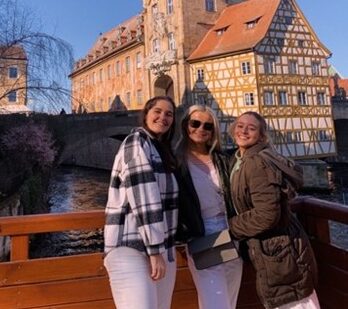
2018 European Year of Cultural Heritage
By Aoileann Ní Bhroin
The 2018 European Year of Cultural Heritage has begun.
The European Year of Cultural Heritage will put the spotlight on Europe’s wealth of cultural heritage, showcasing its role in fostering a shared sense of identity and building the future of Europe
Commissioner for Education, Culture, Youth, and Sport, Tibor Navracsics, who officially launched the European Year of Cultural Heritage in Milan, said: “Cultural heritage is at the heart of the European way of life. It defines who we are and creates a sense of belonging. Cultural heritage is not only made up of literature, art and objects but also by the crafts we learn, the stories we tell, the food we eat and the films we watch. We need to preserve and treasure our cultural heritage for the next generations. This year of celebrations will be a wonderful opportunity to encourage people, especially young people, to explore Europe’s rich cultural diversity and to reflect on the place that cultural heritage occupies in all our lives. It allows us to understand the past and to build our future.”

Attending the event today are President of the European Parliament, Antonio Tajani, the Estonian Minister of Culture, Indrek Saar, representing the Estonian Presidency of the Council of the EU, Italian Minister of Culture, Dario Franceschini, Chair of the Committee on Culture and Education of the European Parliament, Petra Kammerevert, and 800 EU representatives of the cultural sector and civil society.
The purpose of the European Year of Cultural Heritage is to raise awareness of the social and economic importance of cultural heritage. Thousands of initiatives and events across Europe will provide the possibility to involve citizens from all backgrounds. The aim is to reach out to the widest possible audience, in particular children and young people, local communities and people who are rarely in touch with culture, to promote a common sense of ownership.

Projects and initiatives implemented in EU Member States, municipalities and regions will be complemented by transnational projects funded by the EU. The Commission will, for instance, organise with Member States the ‘Assises du Patrimoine’as a flagship event of the European Year of Cultural Heritage in order to start work on a long-term EU Action Plan for Culture and Cultural Heritage. This will come as a follow up of the EU’s leaders’ discussions on education and culture on 17 November in Gothenburg.
According to a new Eurobarometer survey released today, 8 out of 10 Europeans think cultural heritage is not only important to them personally, but also to their community, region, country and the European Union as a whole. A large majority take pride in cultural heritage, whether it is located in their own region or country, or in another European country. More than 7 in 10 Europeans also agree that cultural heritage can improve their quality of life. The survey also shows that 9 in 10 think cultural heritage should be taught in schools. Three quarters of Europeans think primarily Member States and the EU should allocate more resources to protecting Europe’s cultural heritage.
Background
From archaeological sites to contemporary architecture, from medieval castles to folklore traditions and arts, Europe’s cultural heritage is at the very heart of the collective memory and identity of European citizens. In addition, cultural heritage creates growth and jobs in cities and regions and is central to Europe’s exchanges with the rest of the world. 7.8 million jobs in the EU are indirectly linked to heritage (e.g. in tourism, interpretation and security). Over 300,000 people are employed in the EU cultural heritage sector, and with 453 inscribed sites, Europe as a region accounts for almost half of UNESCO’s World Heritage List.
This is why, especially at a time when cultural treasures are under threat and are being deliberately destroyed in conflict zones, the Commission considered that cultural heritage deserved a European Year in 2018. The Council and European Parliament Decision designating 2018 as the European Year of Cultural Heritage was adopted on 17 May 2017, based on the Commission’s proposal of 30 August 2016.
The European Culture Forum, where the European Year of Cultural Heritage is being launched today, is a biennial flagship event organised by the European Commission. It raises the profile of European cultural cooperation, brings together the sector’s key players, takes stock of the implementation of the European Agenda for Culture and fosters debate on EU culture policy and initiatives. In addition to the launch of the European Year of Cultural Heritage 2018, this year’s Forum will reflect on culture’s role in tackling European and global challenges as well as on the contribution of culture and creativity to local and regional socio-economic development.
For more information
- Q&A on the European Year of Cultural Heritage
- Website of the EYCH2018 campaign (including a list of events at EU and national levels)
- Special Eurobarometer report on Cultural Heritage and country fiches
- European Culture Forum 2017
- Spotlight publication
- Factsheet “culture as a driver for EU unity” – The Commission’s Contribution to the Leaders’ Working Lunch Gothenburg, 17 November 2017
- Decision (EU) 2017/864 on a European Year of Cultural Heritage


